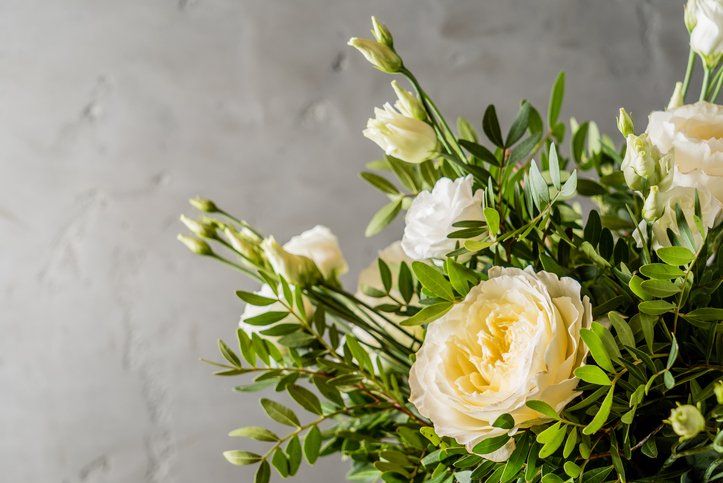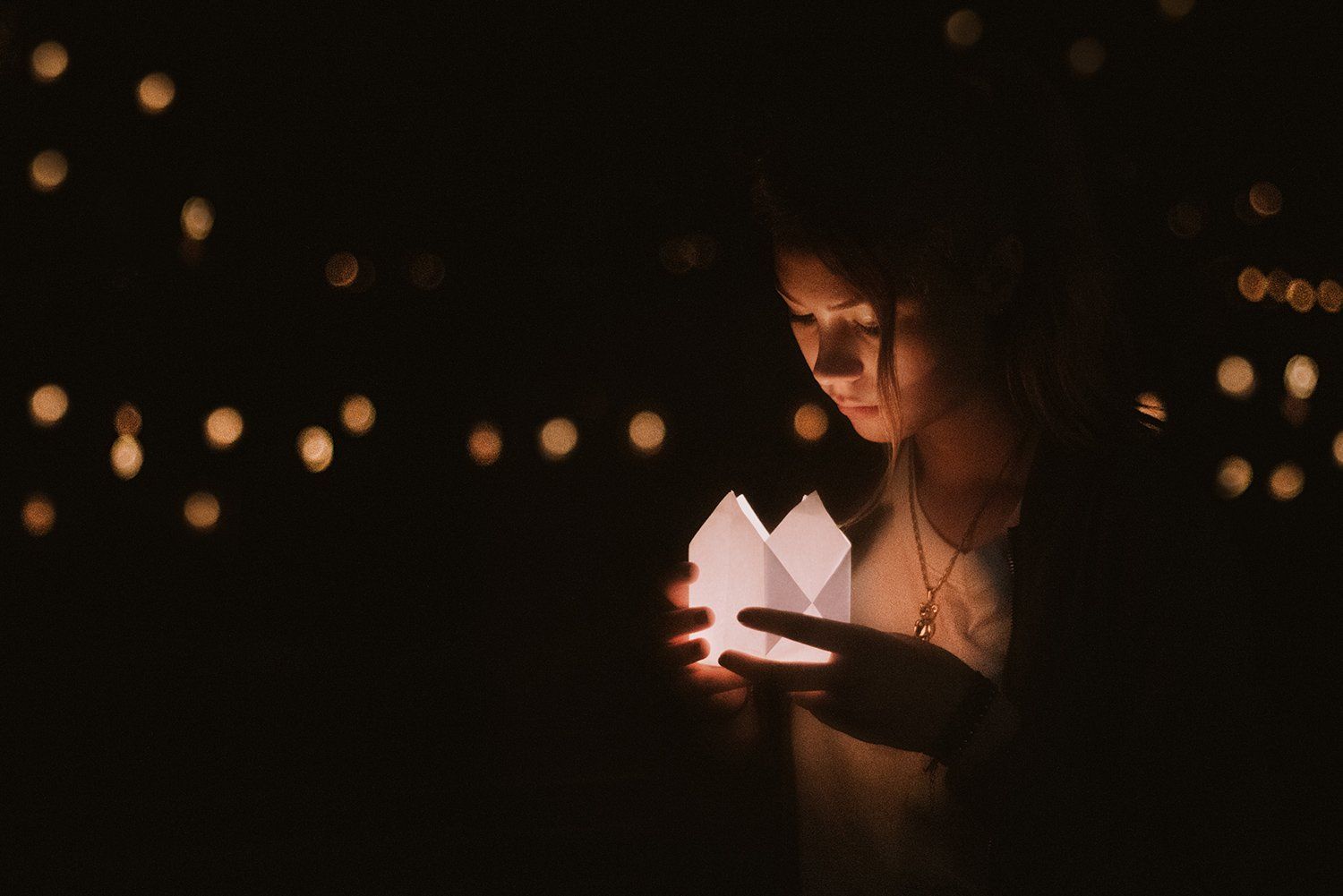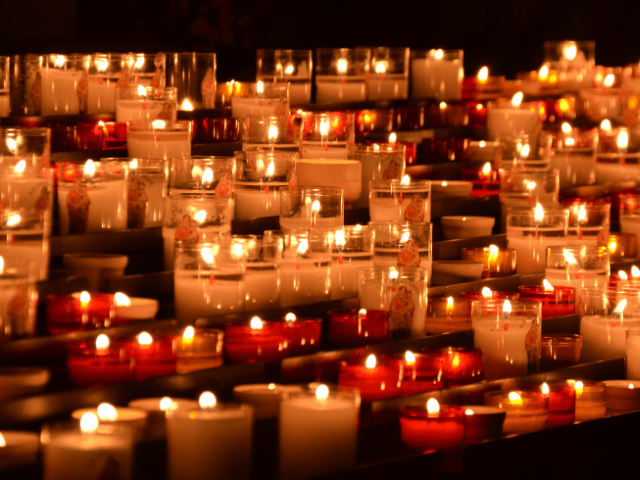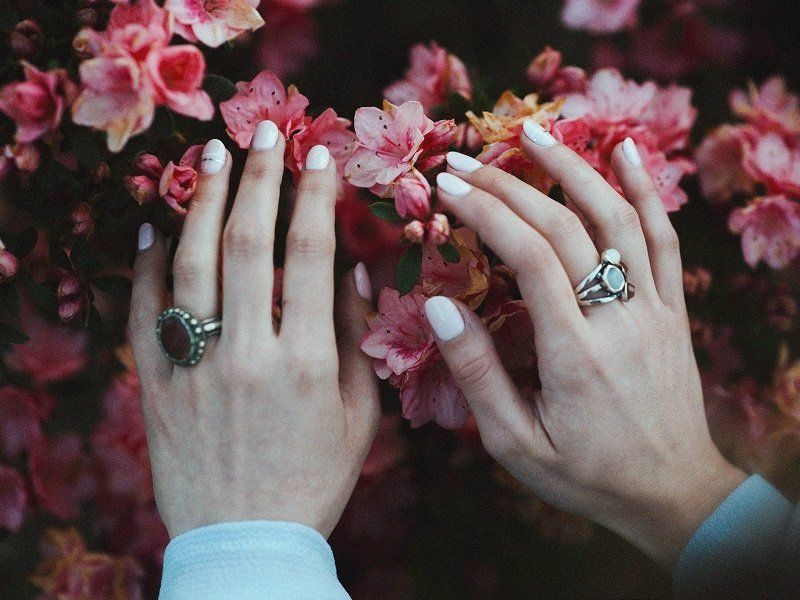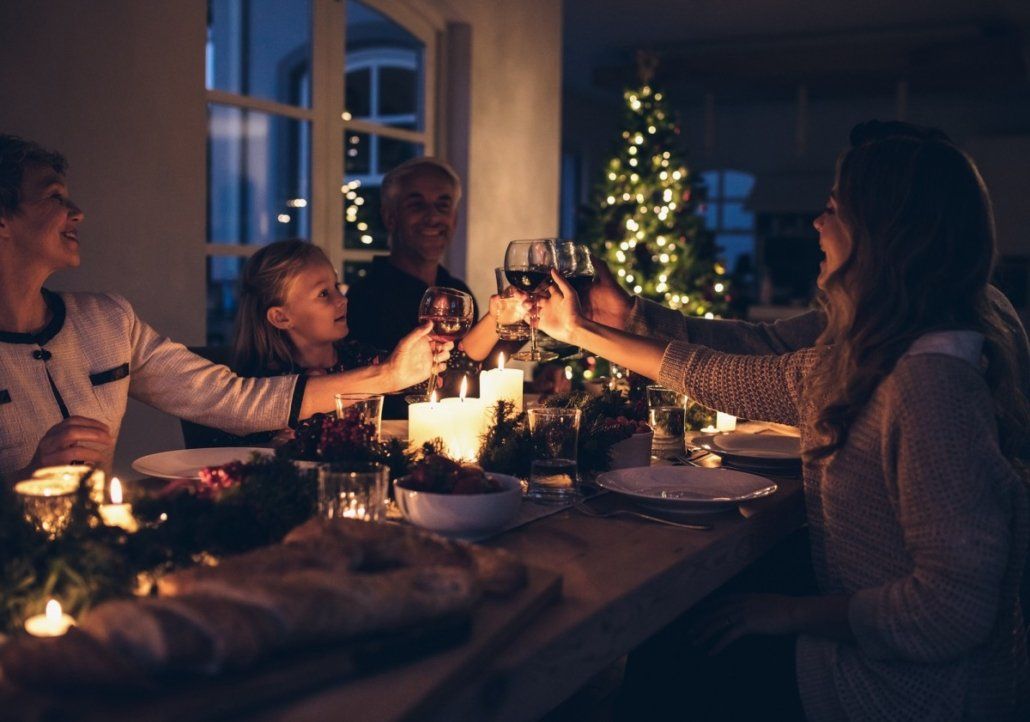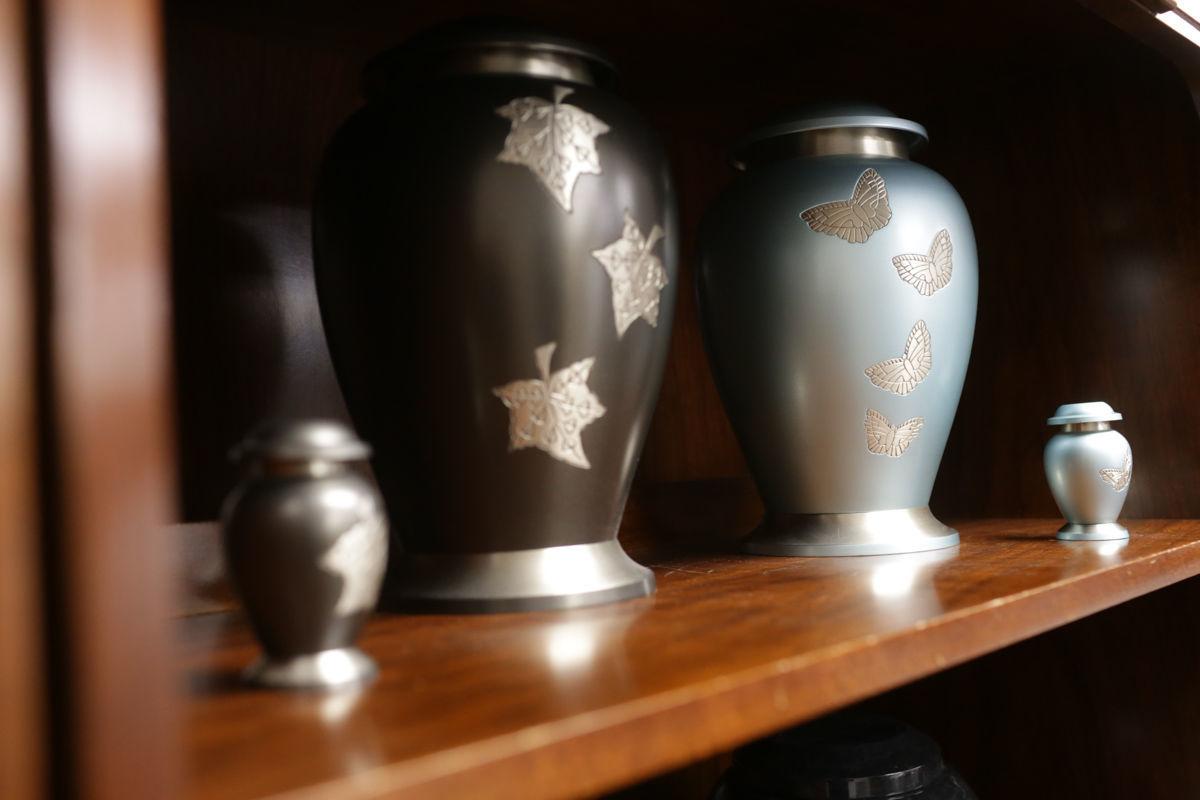Types of Caskets and Their Purposes
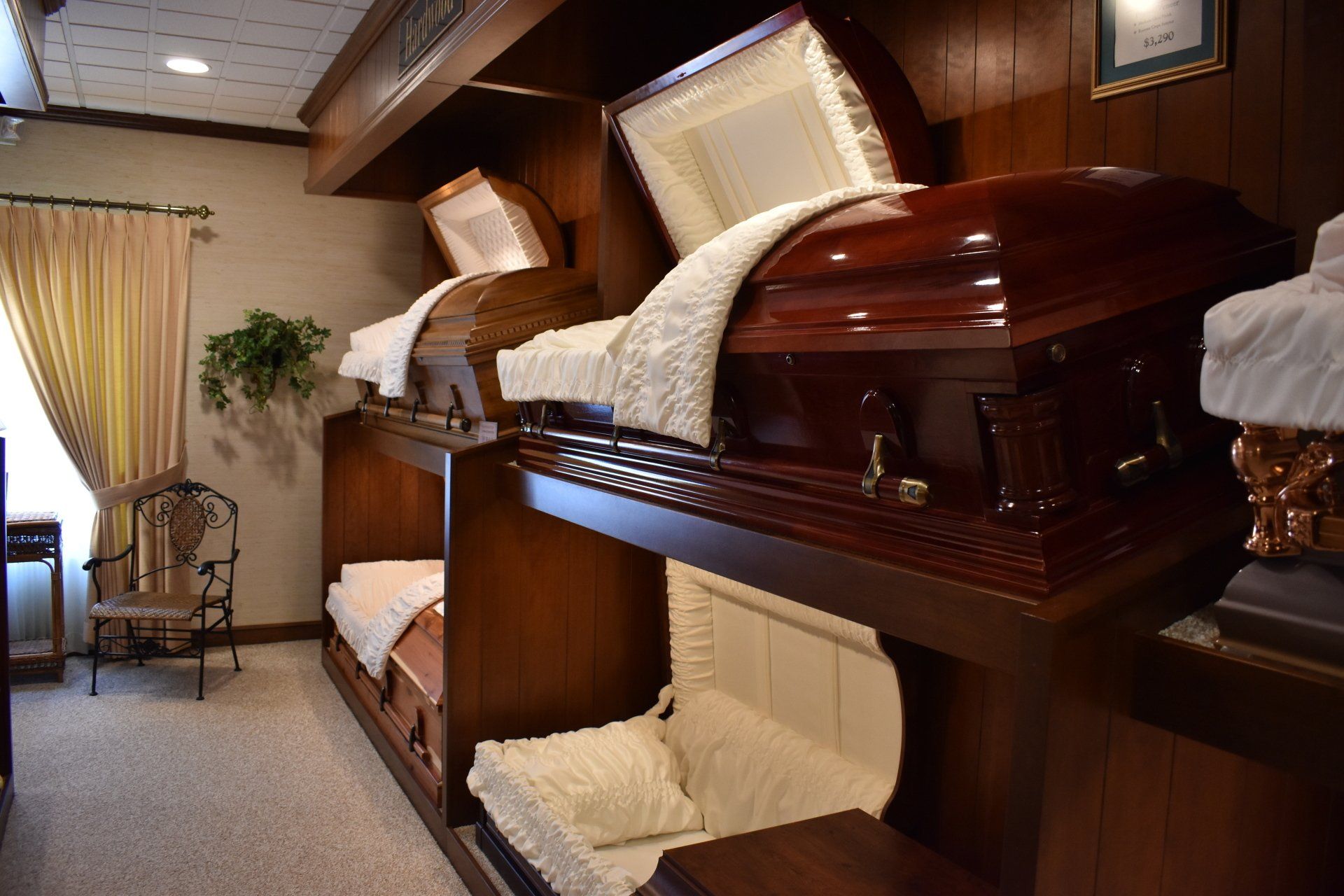
WHEN it is time to say goodbye to a loved one, we are faced with an amazing array of decisions that must be made quickly – and a key one is what kind of casket is suitable.
Even this one decision has a dazzling array of choice and options to consider, and each come with quite different price points as well.
That said, there are three main types to select – and they are traditional wood, metal, or cremation caskets, although each comes with its own list of sub options and choices.
Traditionally caskets are made from wood as the most abundant and to hand material available. Picking a suitable wooden casket can be a similar process to choosing new furniture – pretty much any type of wood is available along with different styles, finishes, and ornamental features.
They are often made from hardwoods like mahogany, oak, cherry or walnut although cheaper softwoods such as some types of pine are also commonly used. As you would expect, hardwoods will last longer when buried, and just as with furniture, the rarer and more demanded the wood, the more expensive the casket will be. A good wooden casket can start with pine at around $2,000 but can be more than $10,00 for a high-end mahogany casket.
As metalworking technology has improved over the centuries, so metal has become an option in caskets as well. These are generally believed to be longer lasting when buried than wood caskets, though this will depend on the types of metal and wood in question as well as the chemistry of the soil in which a casket is buried.
Commonly used metals for caskets include steel, copper, and bronze, and can come fitted with rubber sealers to aid body preservation as well As with woods, the rarer the metal chosen and the more ornate the style of casket selected, the higher the cost will be, with bronze at the top end. An average metal casket can be in the $2,500-4,500 range.
The final general type of casket is a cremation casket. As the name implies, this type of casket is designed for a cremation rather than a burial. While some wooden coffins can be used in cremations, metal ones cannot, and nor can a casket have any metal adornments if it is being cremated. That said, some crematories may offer a service to remove items such as metal handles before the final cremation.
One big advantage of cremation caskets is cost – since they are designed to be consumed quickly, they can be made from much lower cost materials, and as such be a much more environmentally friendly choice, such as cardboard, pressed boards or even canvas. These may not be the best for a viewing at a funeral service but may well meet the wishes of the deceased both financially and environmentally.
Of course, it is possible to combine the two types as some firms will offer the option to rent a traditional casket for any funeral service and viewing and transfer the body to a more suitable cremation casket for the final departure.
